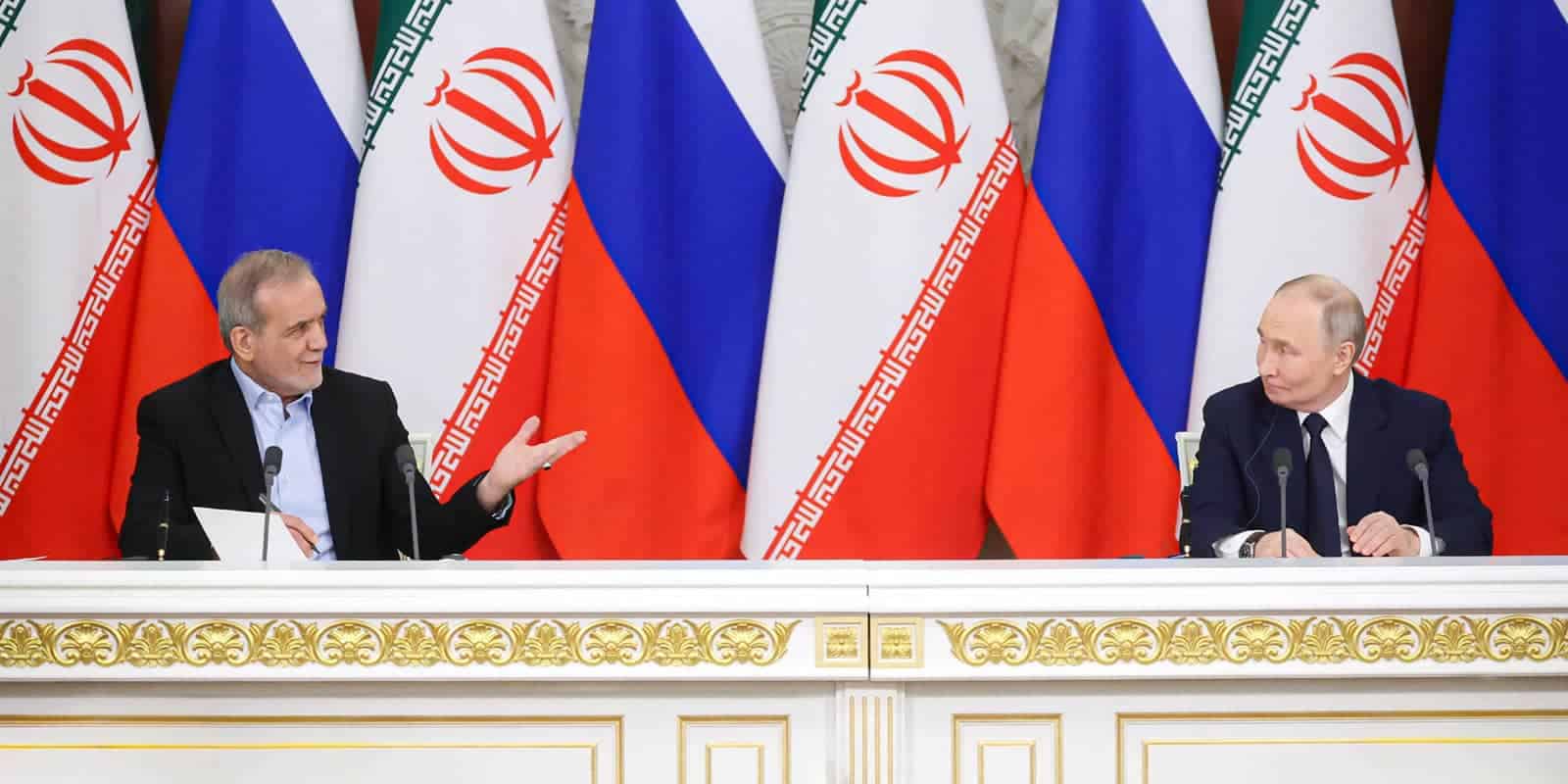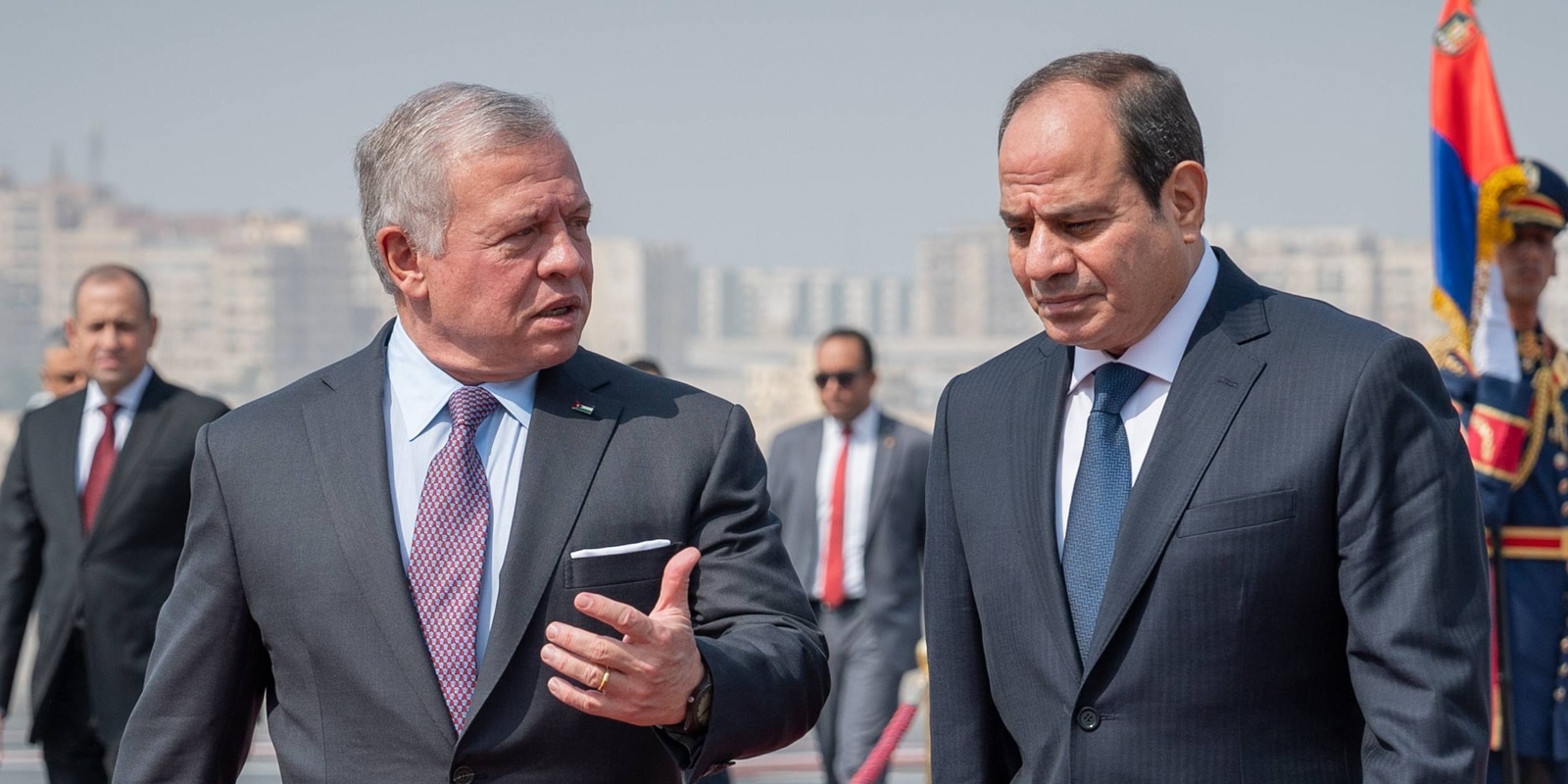The United States joined the successful Israeli air campaign against Iran’s nuclear and long-range missile infrastructure by bombing the installations at Fordow, Natanz, and Isfahan, and it was Washington that later brokered a ceasefire that served the interests of all parties involved. The war has only just ended, but its significance in the international arena is already visible.
The U.S. comes out as a winner from Operation Rising Lion. The general perception is that Washington allowed Israel, its ally, to carry out a military campaign against Iran, which has challenged American dominance for several decades, with incessant calls for “Death to America.”
It provided Israel with arms and a diplomatic shield. Washington initially participated in Israel’s air defense against Iranian missiles and armed UAVs, sending at a later stage its B-2s to complete the destruction of key Iranian installations. Israel’s feats weakened an anti-Western actor and strengthened the American position in the world.
Indeed, President Donald Trump decided to capitalize on the Israeli successes, showing that America is great again.
The airstrikes on Iran—a member of the anti-American axis—reflect badly on China and Russia, Iran’s allies. Beijing and Moscow refrained from intervening, leaving Iran alone to carry the brunt of the assault.
If the regime collapses, doubts about Russia’s and China’s reliability as a strategic partner will increase, particularly in the Third World. Moreover, in such a scenario, Russia’s decades-long investment in the country will go down the drain, while China will lose a friendly state in the Middle East and a source of cheap energy.
Iran’s nuclear project also challenged the Treaty on the Non-Proliferation of Nuclear Weapons (NPT) regime, which has been a constant American foreign policy goal. Tehran enriched uranium, coming close to weapons-grade material, and worked covertly on weaponization. The IAEA, which swallowed Iranian lies for decades, finally found Iran in violation of its NPT commitments.
The destruction of the Iranian nuclear infrastructure and the decapitation of the nuclear scientific personnel by Israel strengthens the NPT regime and dissuades potential proliferators in the Middle East from trying to emulate Iran, such as Turkey, Saudi Arabia, or Egypt.
The American bombing—the first time the U.S. has used force in a counterproliferation mode—serves as a potent warning. A nuclear Iran could have elicited similar ambitions in Central Asia and destabilized the nuclear balance in the Indian subcontinent and even the Chinese nuclear posture.
American support and Iran’s openly declared genocidal intentions resulted in less vocal criticism of Israel, particularly by democratic states, than its previous preventive strikes in Iraq (1981) and in Syria (2007) against emerging nuclear threats.
In 2025, the US issued a green light, the G7 supported Israel’s right to self-defense, and German Chancellor Friedrich Merz praised Israel for doing the “dirty work for us” in Iran.
We can detect a change in the international legitimacy awarded to military action to prevent proliferation, which could affect the calculus of would-be proliferators. After all, it is difficult to hide a nuclear weapons program or make it invulnerable to preventive attacks, which will now receive greater legitimacy.
For example, at the NATO summit, President Trump was praised for the American strike against Iran’s nuclear facilities. This new trend comes at the expense of the naïve belief in the supremacy of diplomacy and the aversion to the use of force. Naturally, Russia’s invasion of Ukraine in 2022 contributed to a reassessment of the utility of military force.
Iran’s current predicament further weakens the anti-American Shi’ite Crescent (a phrase coined by King Abdullah of Jordan)—a process started by Israel after the Hamas October 2023 attacks. This affects regions beyond the Middle East, as Iran’s tentacles established dormant terrorist rings in Shi’ite diasporas in Latin and North America, as well as in Western Europe and Africa.
However, the blow to Iran’s power does not herald the emergence of a new, more peaceful Middle East. The region remains rife with conflict, where the use of force is still an integral part of the rules of the game. Moreover, many states have weak central governments incapable of preventing the existence of armed militias. The Middle East will continue to be a source of Islamist terrorism and violent crises.
The defeat of Iran and its proxies create a vacuum that seems to be filled by the rise of a new radical Sunni axis embodied in a Qatar-backed Turkey. This is a dangerous development. Turkey’s president, Recep Tayyip Erdogan, and much of his coterie are a Turkish incarnation of the Muslim Brotherhood, a radical anti-Western movement. Islamic fervor is mixed with longing for Ottoman grandeur.
Turkey’s military is the second largest in NATO, and Turks are ready to fight. Erdogan-led Turkey also has nuclear ambitions. The U.S. has traditionally seen Turkey as an important ally, while Trump views Erdogan as a strong leader and friend, overlooking Turkish actions and excesses that deviate from American preferences.
Turkey’s capabilities and ambitions are enhanced by the financial largesse of Qatar, which is a long-standing backer of Muslim Brotherhood activities worldwide. It is the principal global propagandist of Islamism through its media powerhouse, Al Jazeera. Unlike Iran, extremist Qatar benefits from Washington’s blindness to its support for Islamic terrorism and anti-Western efforts, largely because of its mediation efforts. These include brokering the current ceasefire between Iran and Israel, and its ongoing negotiations with extremist Islamist actors such as Hamas.Ironically, American current dispositions toward Qatar and Turkey are facilitating the emergence of the anti-American Sunni radical group.
The war in Iran will have implications for the force build-up of militaries around the world. The relative importance attributed to air forces—which are expensive and manpower-intensive—versus missile forces, which are cheaper, has long been a topic of discussion in strategic forums around the world. The achievements of the Israeli Air Force in Iran clearly demonstrate the advantages of a strong and sophisticated air arm. Missiles are important on the battlefield, as shown by the American use of Tomahawk cruise missiles and Iran’s deployment of various ballistic missile types, but they are no substitute for manned or unmanned aircraft.
The war also illustrated the importance of protecting the home front. With the proliferation of missile technology and the increased potential for widespread destruction, Israel’s massive investment in building anti-missile defense systems now appears justified. This is a lesson for threatened states. Similarly, the war proved the need for passive defense measures and the proper education of the civilian population in preparation for missile attacks.
Under Trump, the United States has signaled that it remains a global power involved in international affairs, capable of projecting strength over long distances and assisting its allies. As for Israel, its audacious strike on Iran eliminated an existential threat, highlighted its special relationship with the United States, and restored its deterrence, which had been severely eroded by the events of October 7. Moreover, Israel maintained its alleged monopoly on nuclear weapons in the Middle East.
An earlier version of this article appeared in the Jerusalem Post
JISS Policy Papers are published through the generosity of the Greg Rosshandler Family.















Gaza: Until When?